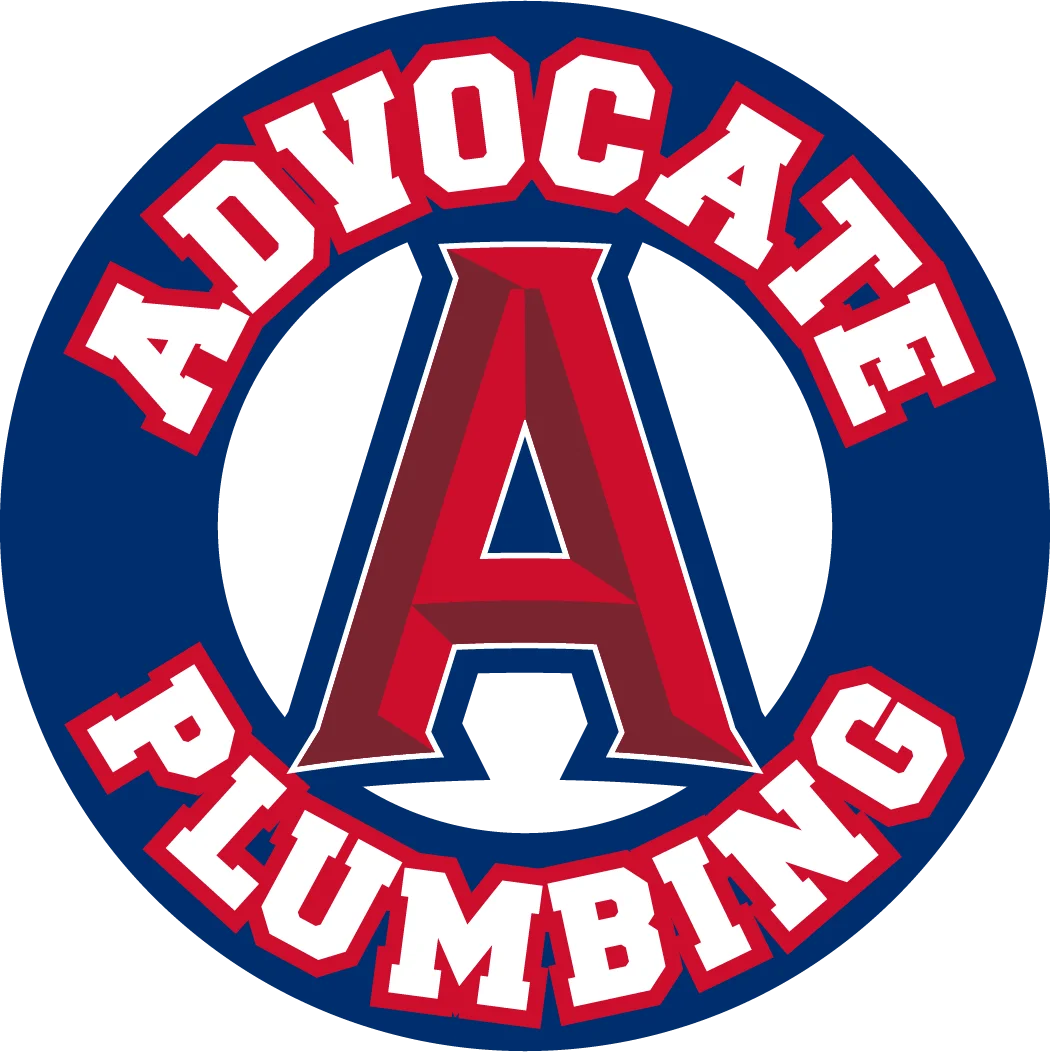Serving Hamilton County & Surrounding Areas
How to Choose the Right Water Heater for Your Home
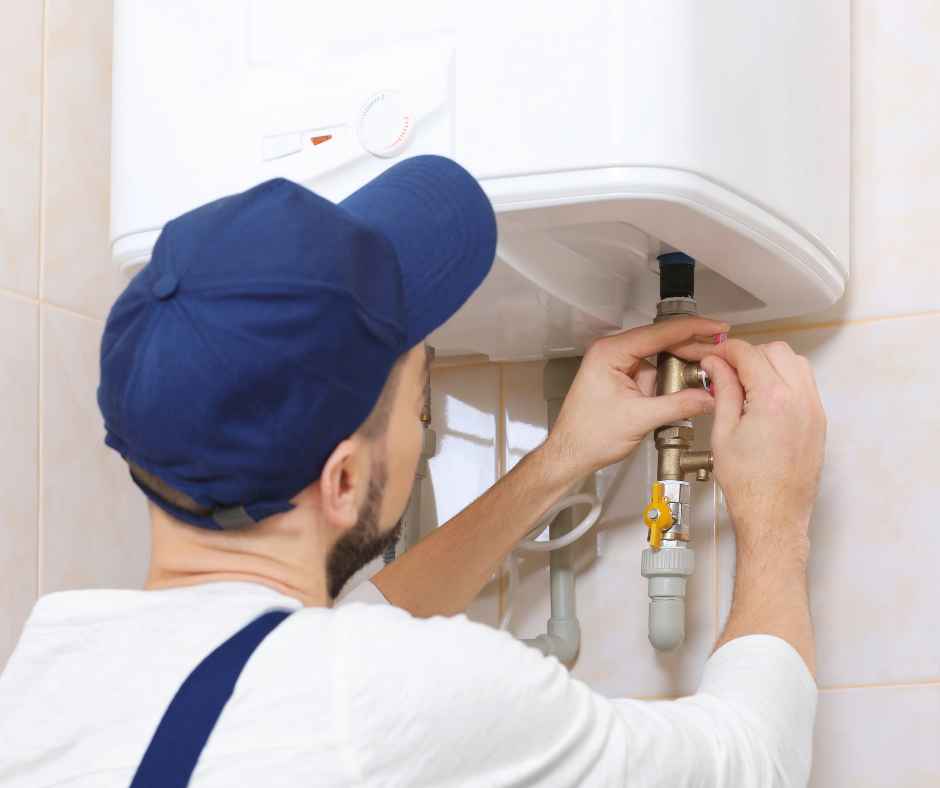
Choosing the right water heater for your home is one of the most important decisions you can make for comfort and efficiency. The right system ensures a steady supply of hot water while helping you save on energy costs and maintenance over time. The wrong choice, on the other hand, can lead to high utility bills, limited hot water, and unnecessary stress.
With so many types of water heaters available today, from traditional tanks to energy-efficient tankless systems, it can be difficult to know which one fits your household’s needs. Factors like fuel type, water usage, and long-term costs all play a role in making the right choice.
In this blog, Advocate Plumbing will walk you through the different types of water heaters, key factors to consider, and expert tips to help you select the perfect unit for your home and budget.
Understanding Different Types of Water Heaters
Before you can decide which water heater is best for your home, it helps to understand the different types available and how each one works. Every system has its own benefits, efficiency level, and maintenance needs.
Traditional Tank Water Heaters
These are the most common water heaters found in homes. They use a large insulated tank to store and heat water, keeping it ready for use throughout the day. Tank water heaters are affordable and reliable but can run out of hot water during high-demand times.
Tankless Water Heaters
Also called on-demand water heaters, these systems heat water only when it is needed. Because there is no storage tank, they save space and reduce energy waste. Tankless models are ideal for households that want endless hot water and lower energy bills, though they often have a higher upfront cost.
Heat Pump (Hybrid) Water Heaters
Hybrid systems use electricity to move heat from the air or ground to warm the water instead of generating heat directly. This makes them highly energy efficient, reducing energy use by up to 60 percent compared to standard models. They do require more installation space and work best in mild climates.
Solar Water Heaters
Solar water heaters use panels mounted on the roof to capture the sun’s energy and heat water naturally. They are an eco-friendly choice with long-term energy savings, although they often need a backup system for cloudy days or heavy usage periods.
Each type of water heater serves different household needs. Understanding how they work helps you choose a model that matches your home’s size, energy goals, and daily hot water requirements.
Key Factors to Consider When Choosing a Water Heater
Selecting the right water heater involves understanding a few essential factors that impact performance, efficiency, and cost:
- Fuel Type: Electric, natural gas, propane, and solar options each affect energy use, operating cost, and installation requirements.
- Size and Capacity: Choose a tank size or tankless flow rate that meets your household’s hot water demand without wasting energy.
- Energy Efficiency: Look for ENERGY STAR® certification and high-efficiency models that reduce utility bills and environmental impact.
- Installation and Maintenance: Factor in upfront installation costs and plan for routine maintenance to extend the lifespan of your system.
Considering these key points helps you choose a water heater that delivers consistent comfort, lower energy use, and long-term value for your home.
Comparing Traditional vs. Tankless Water Heaters
Choosing between a traditional and a tankless water heater comes down to your home’s size, water usage, and energy goals. Each has clear pros and cons:
- Traditional Water Heaters: Store a set amount of water (usually 30–80 gallons), cost less upfront, and are simple to install, but they can run out of hot water and typically last 8–12 years.
- Tankless Water Heaters: Heat water on demand, offering endless hot water and greater efficiency. They cost more initially but last 15–20 years and save on energy bills over time.
Which One Should You Choose?
- Traditional models work well for large families or homes that use a lot of hot water at once.
- Tankless systems are ideal for smaller households or anyone focused on long-term efficiency and space savings.
Consulting a professional plumber ensures you choose the most practical and cost-effective option for your home’s specific needs.
How to Determine the Right Size for Your Home
Selecting the right size water heater is just as important as choosing the right type. A unit that is too small will constantly run out of hot water, while one that is too large will waste energy and money. The goal is to find a model that matches your household’s daily hot water demand.
- For Traditional Tank Water Heaters: Most families need a tank that holds between 40 and 80 gallons. A smaller household of one or two people typically needs 30 to 40 gallons, while a larger family may require 50 gallons or more.
- For Tankless Water Heaters: Sizing depends on flow rate, measured in gallons per minute (GPM). Add up the GPM for the fixtures you might use at the same time, such as showers, faucets, and appliances. Choose a system that can handle your highest expected usage.
- Professional Sizing Matters: A licensed plumber can calculate your household’s peak demand and help select the most efficient model for your home’s layout and water use patterns. Proper sizing ensures consistent hot water, lower energy bills, and longer equipment life.
Energy Efficiency and Long-Term Savings
When choosing a water heater, energy efficiency should be a top priority. A more efficient system not only reduces your environmental impact but also lowers your monthly utility bills for years to come.
- Look for ENERGY STAR® Certification: Water heaters with this label meet strict efficiency standards set by the U.S. Environmental Protection Agency. These models use less energy to heat water and often qualify for rebates or tax incentives.
- Understand the Uniform Energy Factor (UEF): The UEF rating measures how efficiently a water heater converts energy into hot water. A higher UEF means greater efficiency and lower long-term costs.
- Consider Advanced Technologies: Hybrid, heat pump, and solar water heaters can significantly reduce energy consumption. While the upfront investment is higher, the energy savings over time often offset the initial cost.
- Think Long-Term: Choosing an energy-efficient system pays off over the life of the unit. Lower operating costs, fewer repairs, and longer service life make efficiency an investment that continues to return value year after year.
By focusing on efficiency now, you can enjoy steady hot water, lower bills, and the satisfaction of knowing your home is running as sustainably as possible.
Signs It’s Time to Replace Your Old Water Heater
Even the best water heaters wear out over time. Knowing when to replace your unit can save you from unexpected breakdowns, water damage, and high energy bills. Look for these common warning signs:
- Age of the Unit: Most traditional water heaters last 8 to 12 years, while tankless models can last up to 20. If your system is approaching the end of its lifespan, replacement is often more cost-effective than repair.
- Inconsistent Water Temperature: Fluctuating or lukewarm water can indicate mineral buildup, failing heating elements, or other internal issues.
- Discolored or Rusty Water: Rust-colored water or metallic-tasting hot water may point to corrosion inside the tank or pipes.
- Strange Noises: Rumbling, popping, or banging sounds suggest sediment buildup at the bottom of the tank, which can reduce efficiency and shorten lifespan.
- Leaks or Moisture Around the Unit: Even small leaks can lead to major water damage if left untreated. A leaking tank almost always means it’s time for a replacement.
- Rising Energy Bills: Older units lose efficiency over time, forcing them to work harder and use more energy to deliver the same amount of hot water.
Replacing your old water heater before it fails completely helps you avoid emergencies and gives you the opportunity to upgrade to a more efficient system that saves money in the long run.
Why Professional Installation Matters
Installing a water heater is not a simple project. It involves electrical, gas, and plumbing connections that must meet safety codes and manufacturer specifications. Choosing professional installation ensures your system operates safely, efficiently, and for as long as possible.
- Safety and Compliance: Licensed plumbers understand local building codes and safety regulations. Professional installation prevents gas leaks, electrical hazards, and improper venting that can lead to serious problems.
- Proper Sizing and Setup: A trained technician will evaluate your home’s water usage, plumbing layout, and fuel source to make sure the system is correctly sized and optimized for performance.
- Warranty Protection: Most manufacturers require professional installation to keep the warranty valid. DIY work or improper setup can void coverage and lead to costly repairs later.
- Long-Term Reliability: Proper installation reduces wear and tear, helping your water heater operate efficiently for years with fewer issues.
Professional installation gives you peace of mind knowing your investment is protected and your home’s hot water system is built to perform safely and efficiently.
For dependable service, Advocate Plumbing offers expert water heater installation, maintenance, and replacement. Our team ensures every unit is installed correctly, meets code requirements, and delivers reliable comfort for your household.
Find the Perfect Water Heater for Your Home
Choosing the right water heater is an investment in your home’s comfort, efficiency, and long-term savings. By understanding your household’s hot water needs, energy goals, and budget, you can select a system that performs reliably for years to come.
Whether you prefer a traditional tank, a modern tankless system, or an energy-efficient hybrid model, professional guidance ensures you get the best fit for your home.
For expert advice and reliable installation, Advocate Plumbing is here to help. Our licensed professionals can assess your home, recommend the right water heater, and install it safely and efficiently.
Contact us today to schedule your consultation and enjoy consistent, efficient hot water year-round.
Frequently Asked Questions About Choosing a Water Heater
How long does it take to install a new water heater?
Most standard water heater installations take about two to four hours. More complex systems, such as tankless or hybrid models, may take longer depending on plumbing layout and fuel connections.
Can I switch from a tank water heater to a tankless one?
Yes. Many homeowners upgrade to tankless systems for better energy efficiency and endless hot water. However, switching may require changes to your gas or electrical lines, so it’s best handled by a licensed plumber.
How often should a water heater be serviced?
It’s recommended to have your water heater professionally inspected and flushed once a year. Regular maintenance prevents sediment buildup, extends the lifespan of the unit, and maintains efficiency.
Are there rebates or tax credits for energy-efficient water heaters?
In many areas, homeowners can qualify for rebates or tax incentives by installing ENERGY STAR®-rated water heaters or renewable energy systems. Your plumber or local utility company can help you find current programs.
What temperature should I set my water heater to?
For most homes, a temperature of 120°F offers a good balance between comfort, safety, and energy efficiency. Higher temperatures can waste energy and increase the risk of scalding, while lower settings may not provide enough hot water.
Recent Posts

Preventing Pipe Bursts: Preparing Your Plumbing for Indiana’s Sub-Zero Temps
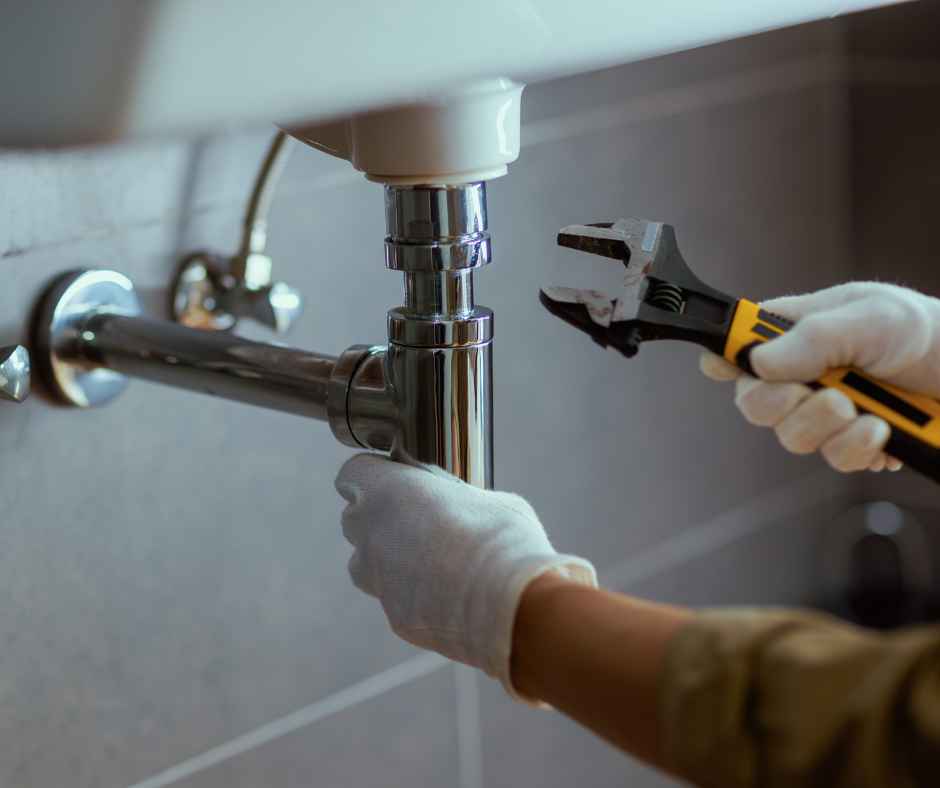
Why Hiring a Licensed Plumber Matters for Your Home’s Safety and Efficiency
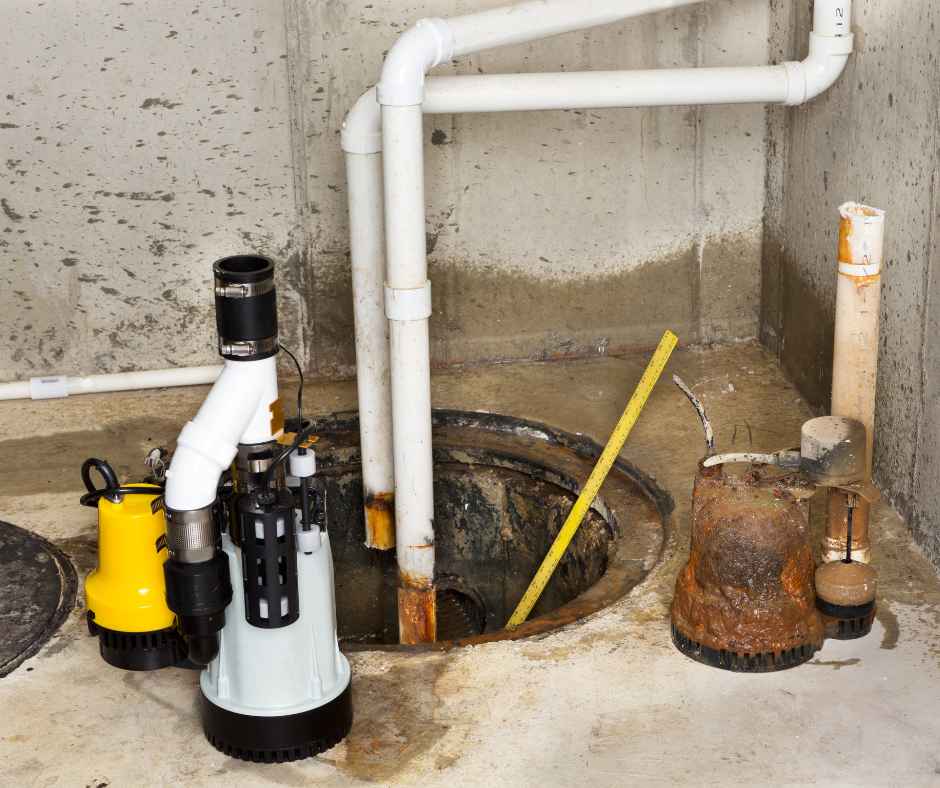
Why Your Sump Pump Needs Regular Maintenance and How to Do It
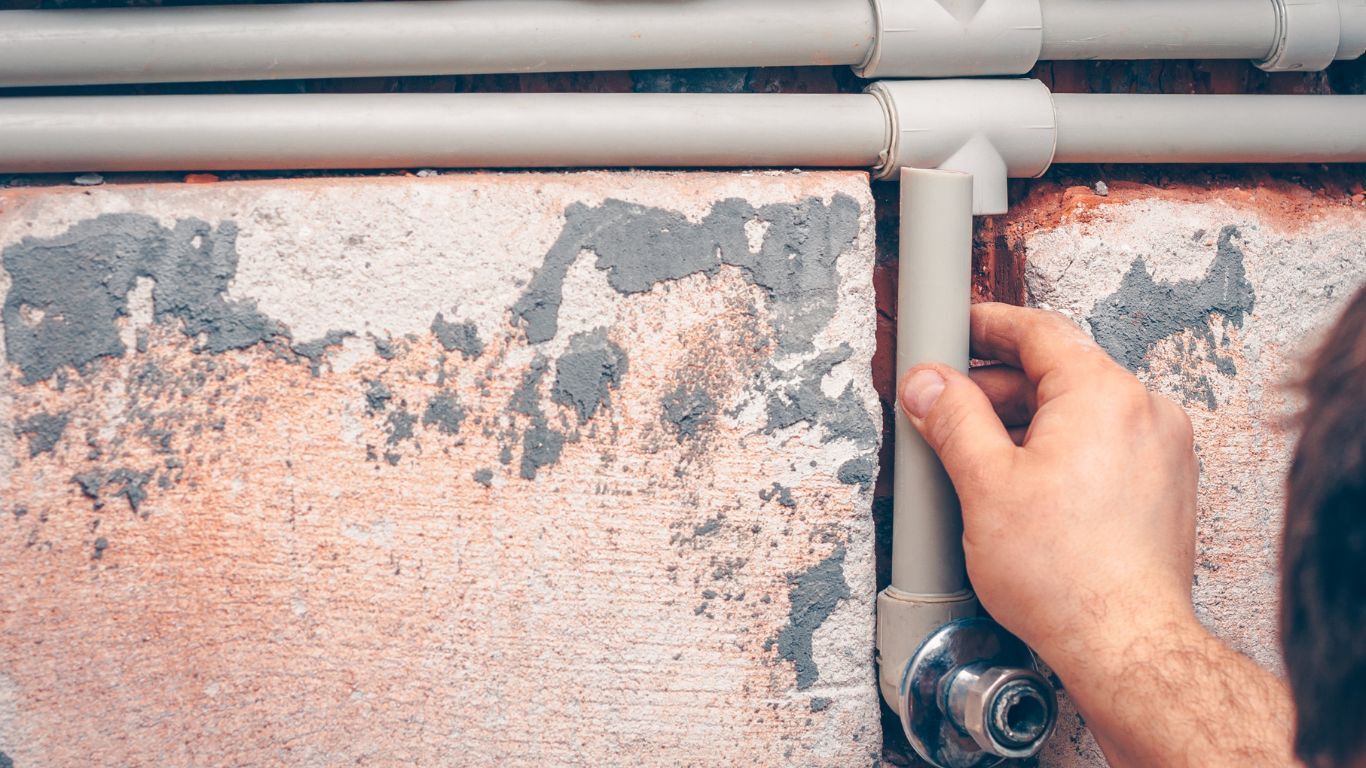
Preventive Plumbing Inspection Guide Every Homeowner Should Follow

Reverse Osmosis vs. Water Softener: Which Is Right for Your Home?
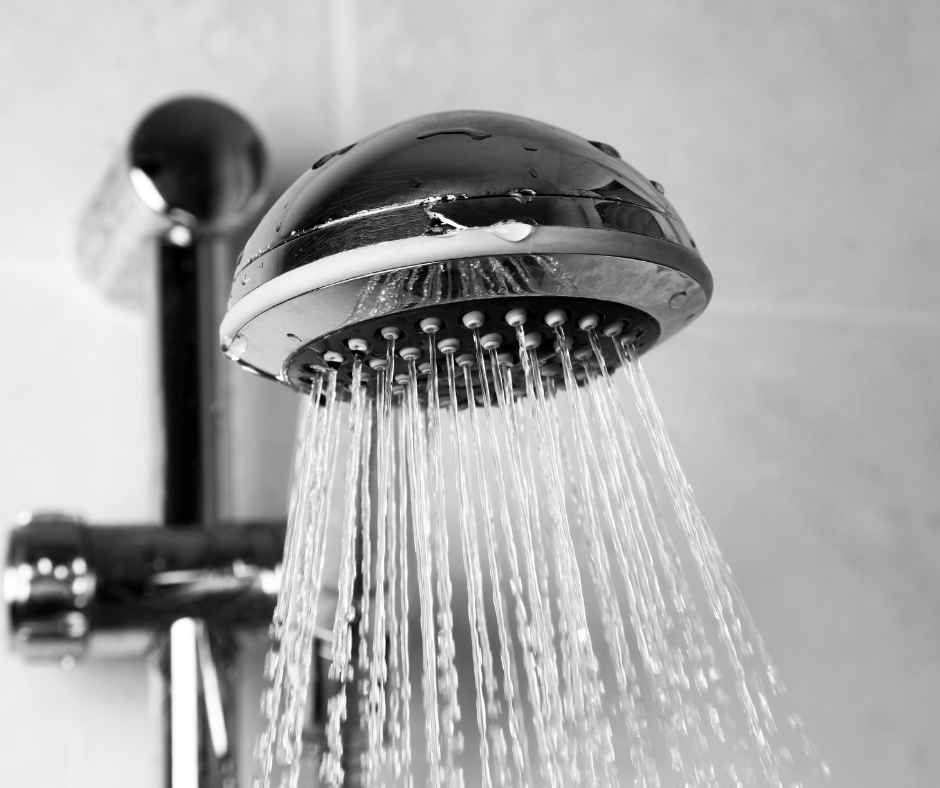
Seasonal Plumbing Maintenance Checklist for Hamilton County Residences
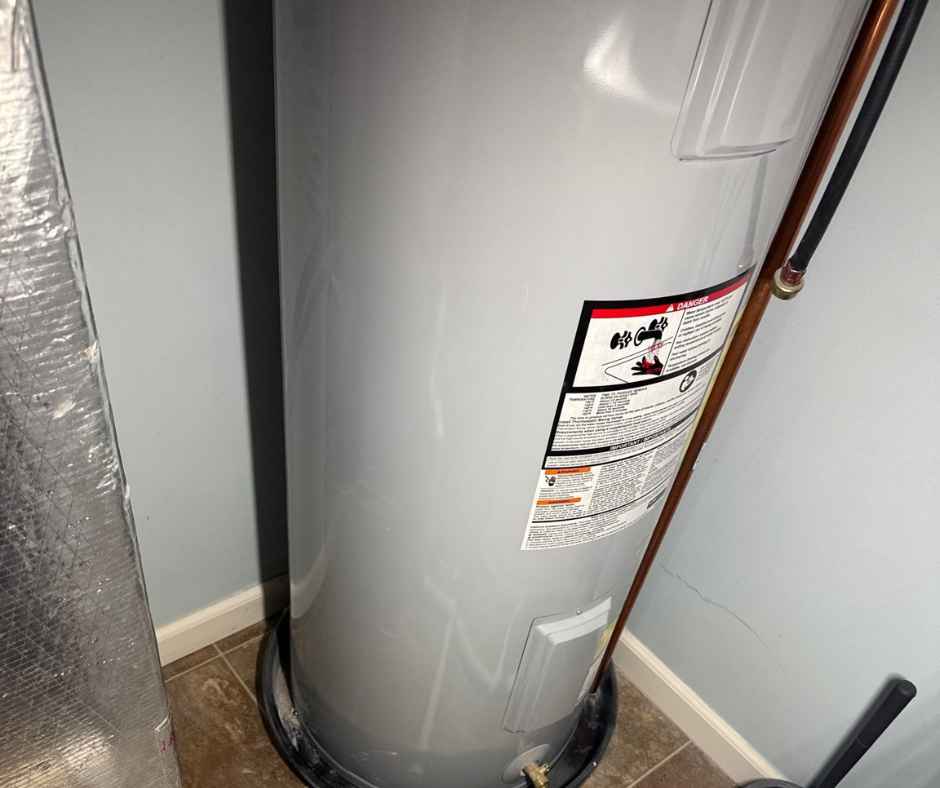
Why Is My Water Heater Beeping?
Get in Touch
